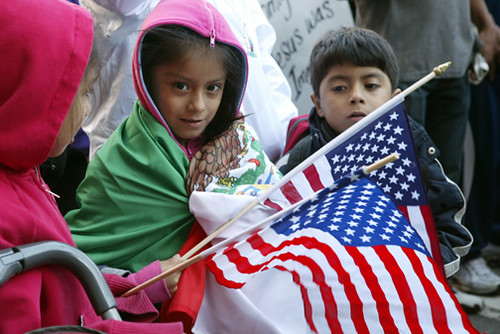Many of us are feeling the stress of this season not only in our own life, but in our country. Through sustained seasons of stress, how do we take care of ourselves so we can stay engaged in life for the long term? Is self-care even a valid concern, or simply an expression of privilege.
Audre Lord was a leading activist in the 20th Century. She was a poet, a writer, a feminist, a womanist, a lesbian, and a civil-rights leader. She said the following on self-care, "Caring for myself is not self-indulgence, it is self-preservation, and that is an act of political warfare."
In this new series, which we will come back to periodically, we will explore "Soul Care for Seasons of Stress". With a unique format, Leah will lead us through some Biblical frameworks for caring for our selves and our souls, and then other Haven-ites will take the time to share some of their own unique soul care practices, and help us discern if they might be something that could work for others of us, or inspire us along the way to finding our own rhythms and practices.
In this Sunday's teaching, David Lai shares about his practice of meditation and Connie Barker shares about her practice of Bible Reading.
See Leah's notes for this week here. Listen to the entire teaching below. David's portion begins just before 23 minutes, Connie's at minute 36.





















